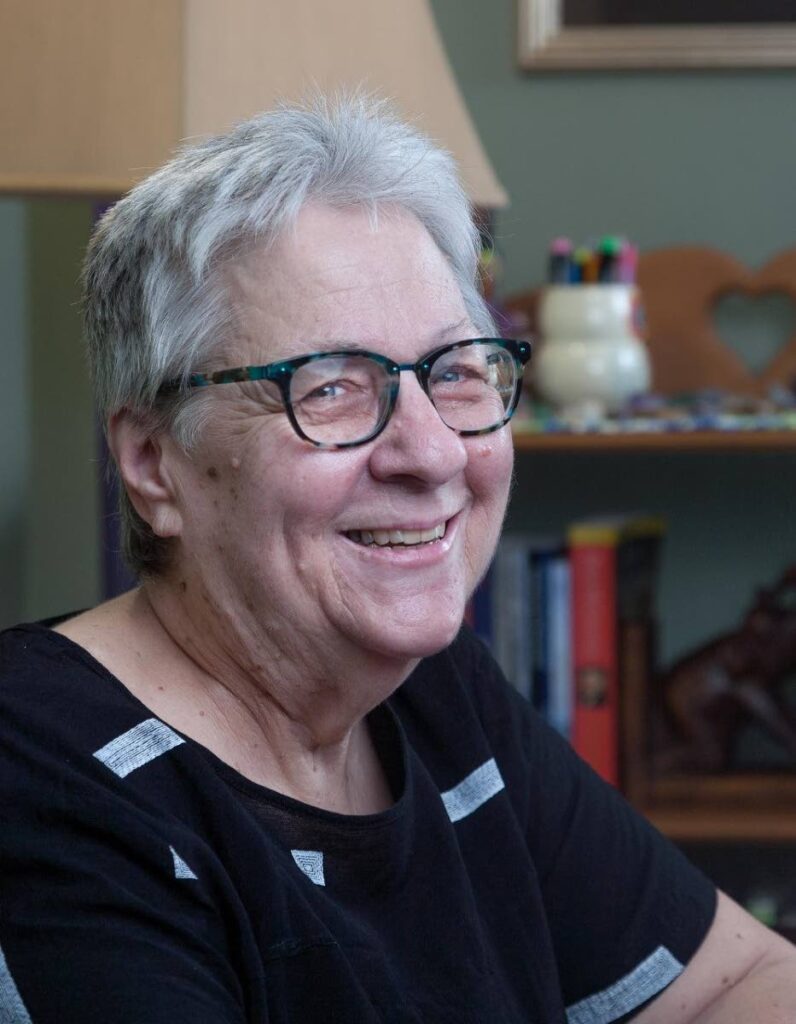Gripping reads with vital lessons

Debbie Jacob
THE PERFECT reads for the July/August holiday are exciting books with elements of literature students need to improve their reading and writing skills when they return to school in September. Adults will also enjoy the books listed below in order of reading level.
Kira-Kira by Cynthia Kadohata – This HiLo (high interest, low reading level) novel about a Japanese family struggling to make ends meet in the US appeals to readers from ten to 17. The children in this novel, left alone by their working parents, face loneliness and cultural adjustment. The main character struggles with the theme in writing. Life lessons finally provide the understanding she needs to master theme.
Chirp by Kate Messner – Messner, a former teacher, writes action-packed mystery novels that help students understand the writing process. In Chirp, 12-year-old Mia and her family move in with Mia’s grandmother, an environmentalist raising crickets to eat. When someone sabotages the grandmother’s cricket farm, Mia and her friend investigate.
Their quest requires critical thinking skills. Their science project about inventing tasty cricket recipes and marketing them to people who have never eaten insects shows readers how to organise research projects.
Fortunately, the Milk by Neil Gaiman – Gaiman’s short book about a father’s litany of excuses about why his mission to buy milk took so long is a humorous lesson in hyperbole and faulty logic. Lively illustrations appeal to readers from eight to 18.
All the Answers by Kate Messner – When I was a librarian, this was one of my favourite books for teaching critical thinking skills and framing good questions. When Ava Anderson finds a magic pencil that answers questions, she must learn to frame the types of questions the pencil can answer or risk losing her pencil.
Miguel Street and A Bend in the River by VS Naipaul – In Miguel Street, Trinidadian Nobel laureate VS Naipaul presents invaluable lessons in characterisation, setting and tone while showing the value of humour as a writing tool. A Bend in the River, about an Indian merchant in Africa, shows the author’s skills as a word craftsman.
Passiontide by Monique Roffey – Much is written about boys who are reluctant readers, but few educators address the needs of girls who are reluctant readers. Roffey’s latest novel about violence against women in a fictitious Caribbean island (a thinly disguised Trinidad) would appeal to all teenage girls caught in the maelstrom of personal and cultural identity.
Passiontide blends fast-paced entertaining reading with writing that explores point of view, a sense of purpose and dialogue as a tool to propel the plot forward. Note-taking is an important but vanishing skill for students, so there’s much to learn and enjoy from Inspector Cuthbert Loveday’s investigative notes.
Hungry Ghosts by Kevin Jared Hosein – Never underestimate the lure of well-written history and historical fiction for teens. It is one of their best-kept secrets. Through fictional characters in Hungry Ghosts, readers explore rural Trinidad during the 1940s, a place where indentureship and colonialism have left their indelible mark.
Wrapped in Hosein’s fast-paced mystery are invaluable lessons about how history shapes identity and contributes to a culture of violence. Hungry Ghosts is a powerful lesson in diction, plot-pacing, characterisation, tone and conflict. It is a tension-filled, beautifully written novel that continues to garner international recognition and awards.
Love the Dark Days by Ira Mathur – Teens are drawn to books that explore personal and cultural identity. Mathur’s memoir is invaluable because of how it explores the tangled, cultural web of identity unique to Trinidad. This is a lesson in finding one’s voice, embracing family history and untangling the fears, hopes and aspirations on the journey of self-identity, a complicated combination of religions and race for many people – including immigrants.
How to Say Babylon by Safiya Sinclair – From the first page of Sinclair’s memoir, readers feel Sinclair’s background in poetry. This lyrical, unusual coming-of-age story is a moving tribute to family and roots showing the tug of war between cultural identity and individuality; family loyalty and independence.
Beryl McBurnie by Judy Raymond – In about 100 pages, Raymond’s biography of McBurnie, a cultural icon and master of our tradition of dance, offers all the lessons readers need to know about clear, concise, exciting writing; finding new angles to explore history; proper footnoting and supporting a thesis statement. Raymond argues that recognising the arts is an important aspect of political independence.
Plunge into reading this holiday and discover gripping books with important lessons on becoming a better reader and writer.

Comments
"Gripping reads with vital lessons"